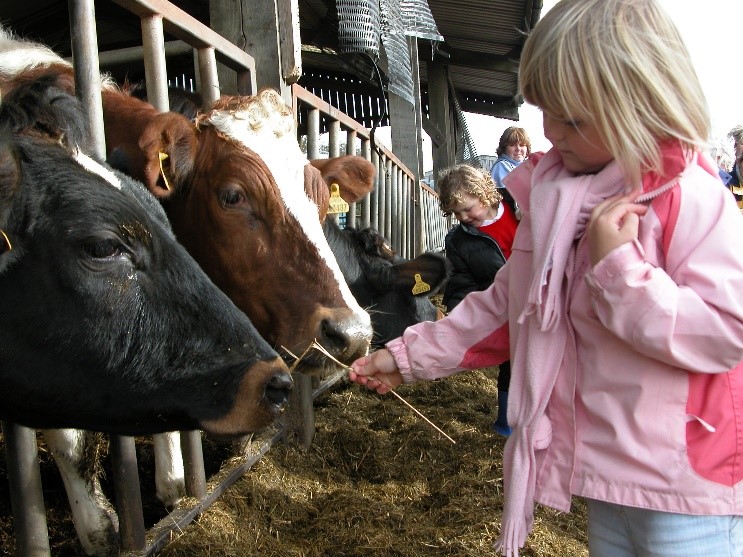Our German partners have produced nine written case studies which you will find in this section.
Green Professions
The Green Professions project in Germany, provides school children the opportunity to, in the words of the project, “peek over the shoulders of an organic farmer”. This two day workshop was run by Ökomarkt e.V., for pupils of a vocational training school in Hamburg. On the first day, a theoretical session was run in the school and this introduced the concepts of organic farming and ecology. After this theoretical session, the second day involved a visit to Gut Wulksfelde, an organic farm in the north-east of Hamburg, to see and experience the different jobs that exist on an ecological farm.
To read the full case study, click HERE
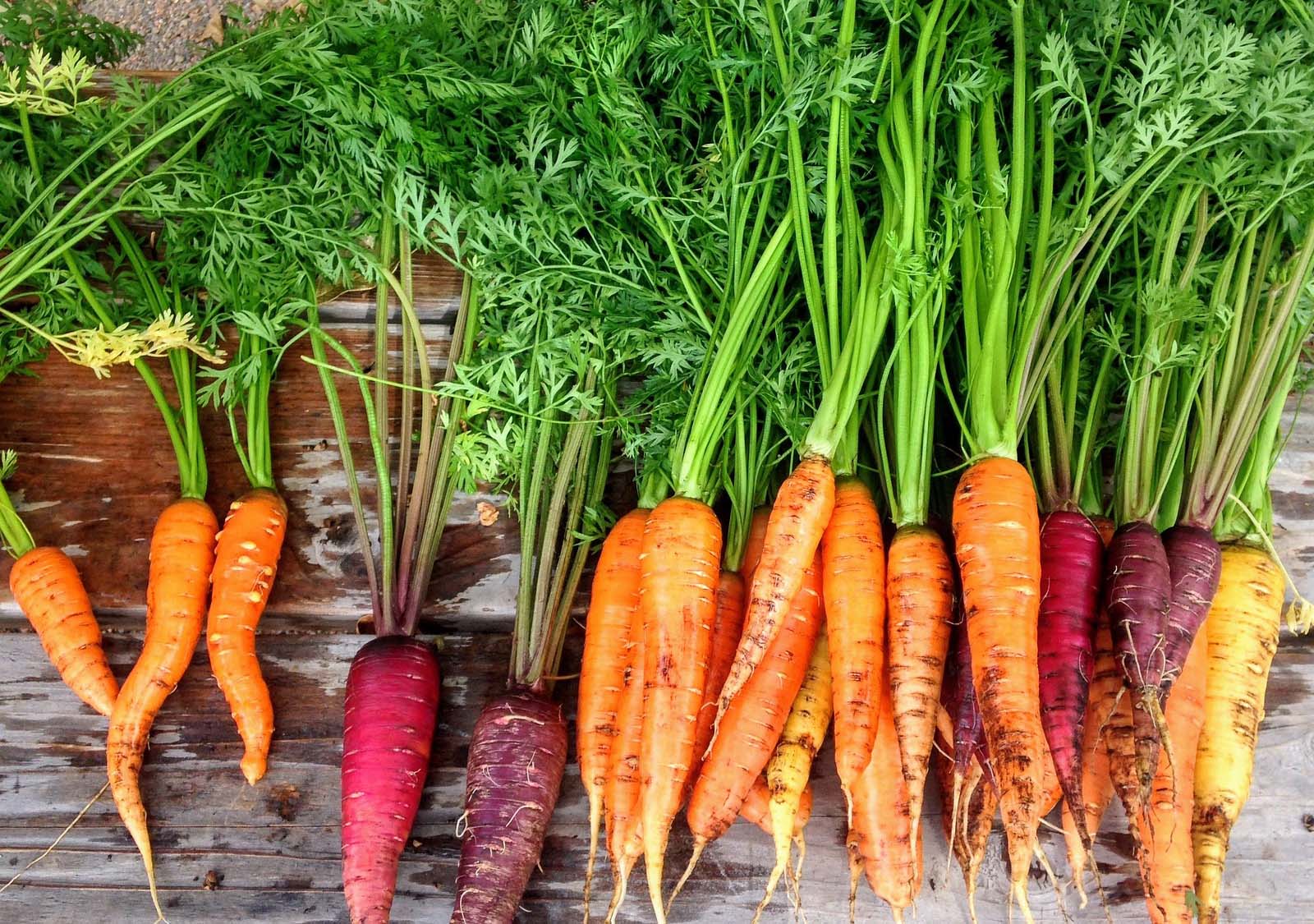
Organic Project Week
Working in partnership with Gut Wulksfelde, an organic farm in the north-east of Hamburg, Ökomarkt e.V. delivered a programme of educational farm visits for pupils, in the form of a week-long project designed to allow pupils to learn about what organic farming means. Each day had a new topic which covered subjects including organic cultivation of the land and conscious meat consumption.
To read the full case study, click HERE
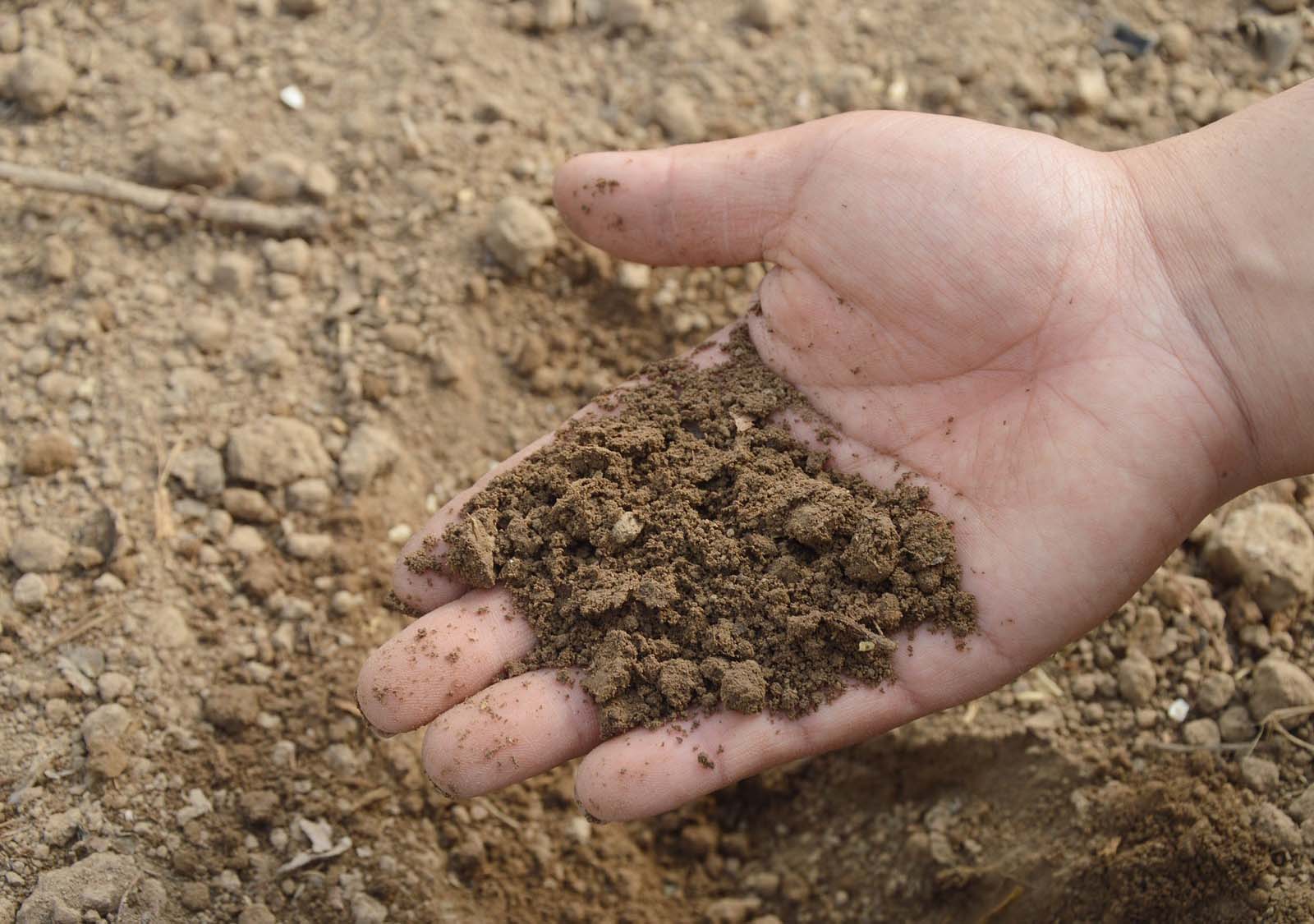
Por el Buen Vivir (for a good life)
The South American concept of ‘good life’ (buen vivir) encompasses a closeness with nature and the reduction of social inequality. Central to this, is a return to the life philosophy of the indigenous peoples of South America. The Peruvian cultural youth group ‘Arena y Esteras’ present these issues through their theatre plays ‘Diálogos por el Buen Vivir’ and ‘Caravana por el Buen Vivir’.
To read the full case study, click HERE

Oshi y Bari
The Peruvian cultural youth group, Arena y Esteras created the theatre performance Oshi y Bari that artistically raises the question of climate justice, one of the EU’s Sustainable Development Goals (SDGs). The play is inspired by a story of the universe and by the legend of Oshi and Bari from the Peruvian rainforest. A main focus is the impact of climate change on agricultural, the food supply chain and food culture.
To read the full case study, click HERE
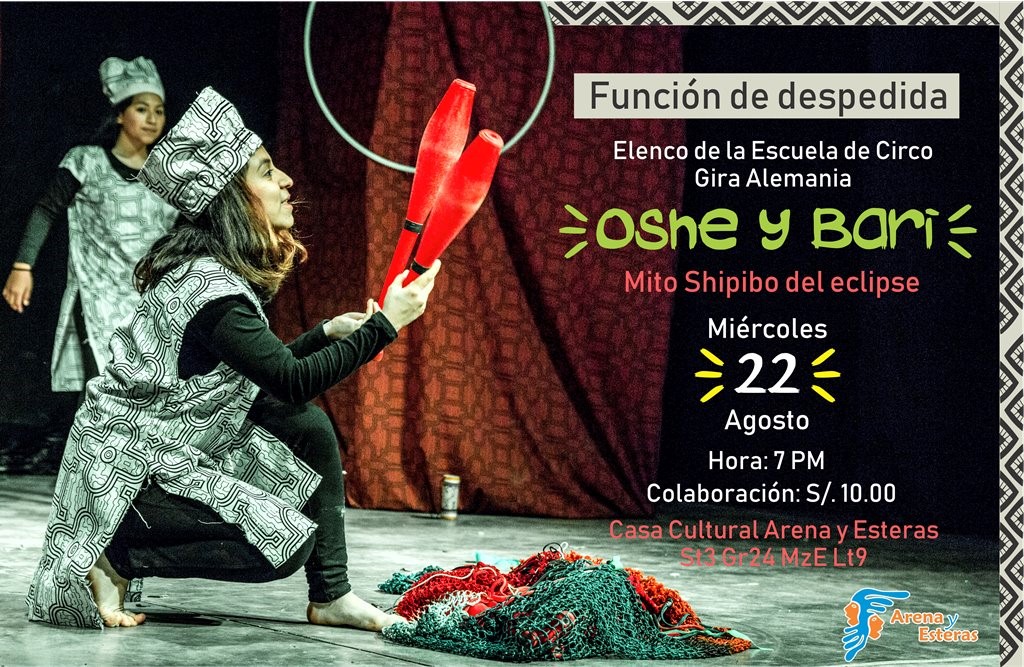
Edible City Cologne
In Cologne’s Edible City, food is being produced for humans and other animals within the urban environment. The idea behind the concept was thought up by the dietary council for Cologne and the surrounding area. Edible plants are planted in public places around the city, for consumption by humans and wildlife. The ‘edible’ plants also include flower strips for bees and other pollinators.
To read the full case study, click HERE
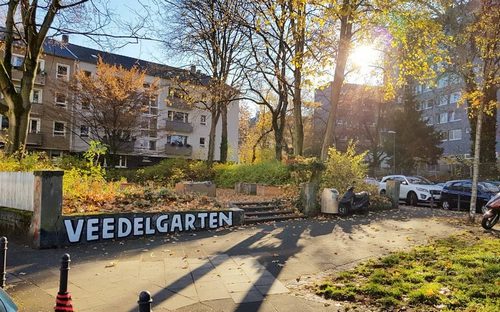
Hen and egg material box
In Hamburg Germany, schools that are covering topics around hens and eggs in their curriculum have the opportunity to work with local charity, Ökomarkt e.V., to borrow a material box to help them to bring their teaching to life. The box contains a wide range of teaching materials, work sheets as well as practical experiments around the topic of hens and eggs.
To read the full case study, click HERE
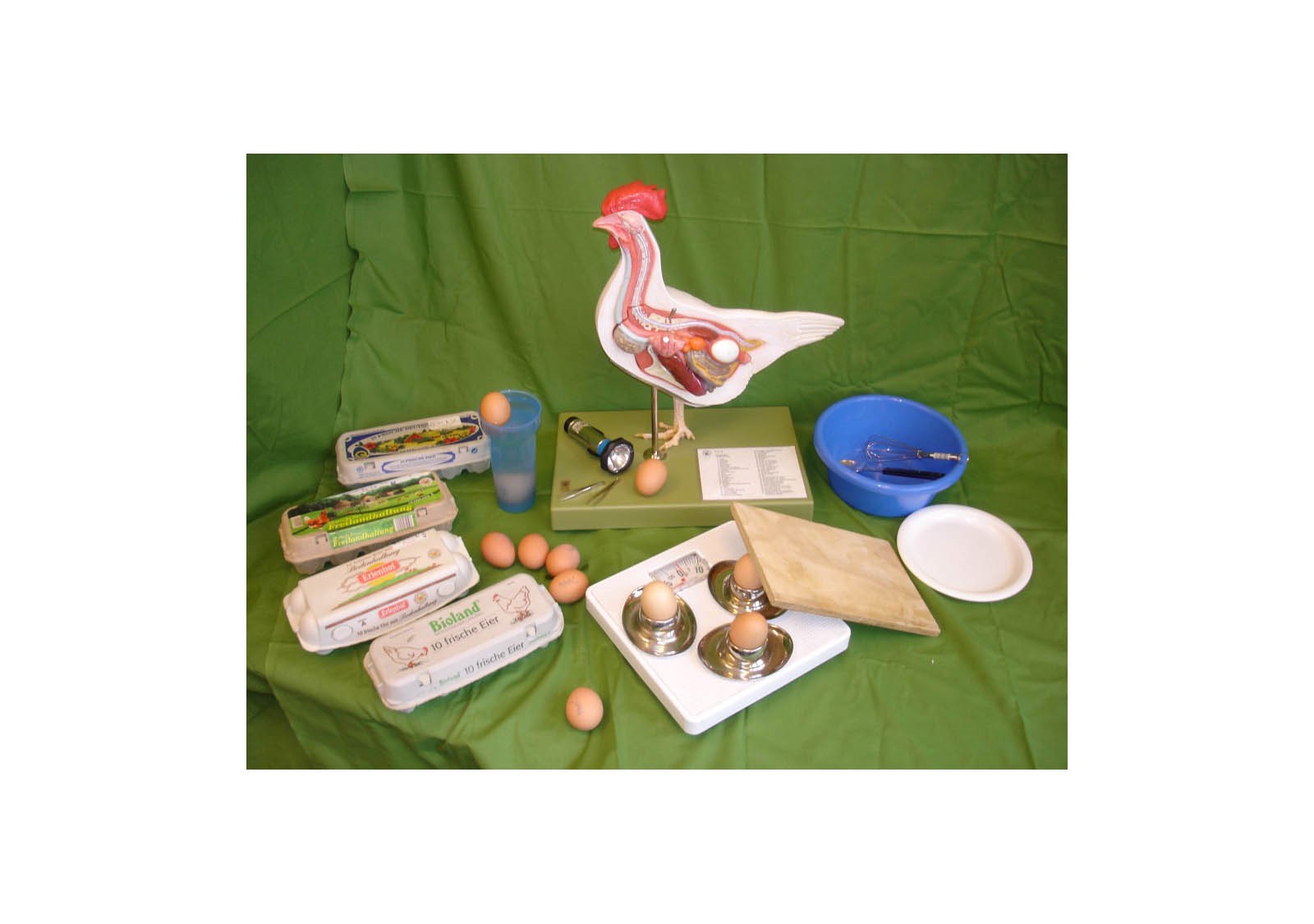
Strawberry harvesting in Hamburg
On the Gut Wulksfelde organic farm in Hamburg, children are given the opportunity to harvest and taste fresh strawberries from the farm’s crop In addition to the harvesting, each child gets to take a little bowl of freshly picked strawberries back to school. The Kinderwelt kindergarten from Hamburg comes once a year to participate in the harvesting. They then use their strawberries to make jam together back in their kindergarten. The jam is then sold at their farmers’ market.
To read the full case study, click HERE
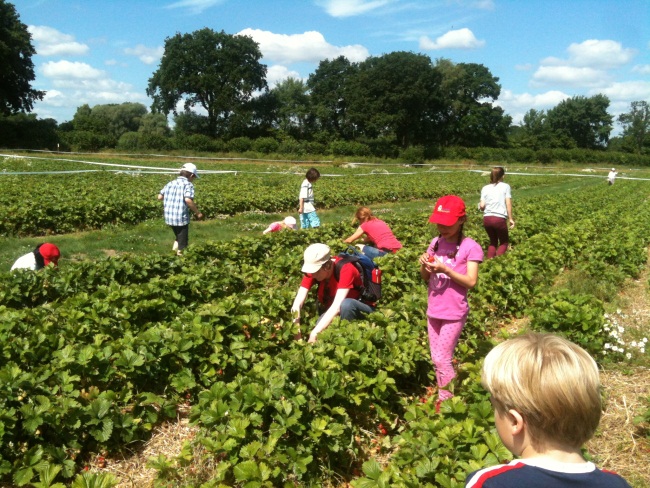
Greek students and Child Refugees
Students of the 9th Lyceum School of Athens carried out a project with child refugees at the Scaramanga campus. On this campus an informal school for refugees has been set up. The activities focused mainly on artistic creations and intercultural exchange.
To read the full case study, click HERE

Sustainable Food in Kindergartens
The project developed an e-learning course and an interactive online portal "Sustainable Food in Kindergartens", which provides learning materials and freely available educational resources for educators, kindergarten staff, catering providers and kitchen staff. An important tool are outdoor activities and farm visits.
To read the full case study, click HERE
